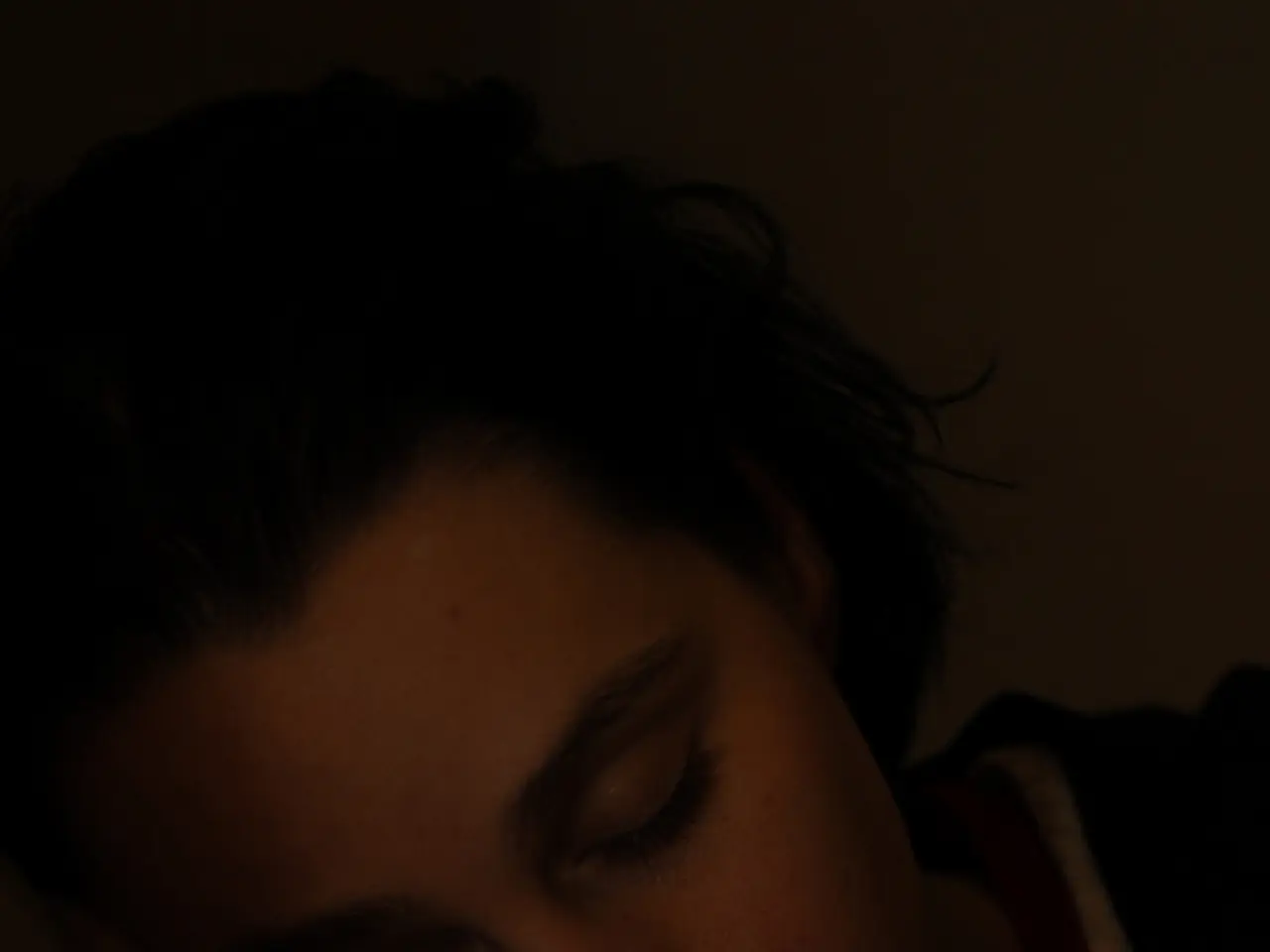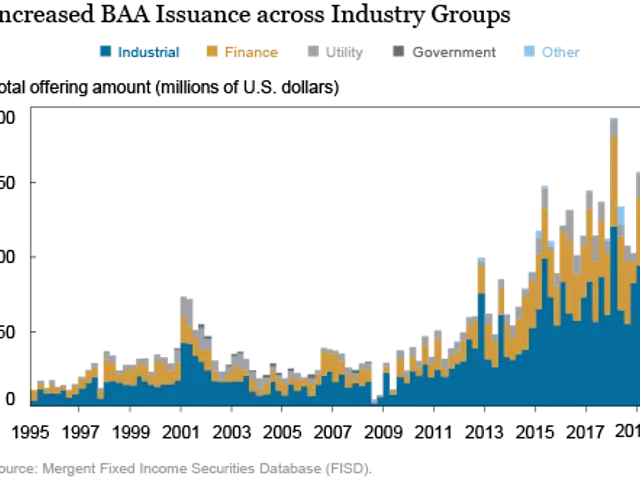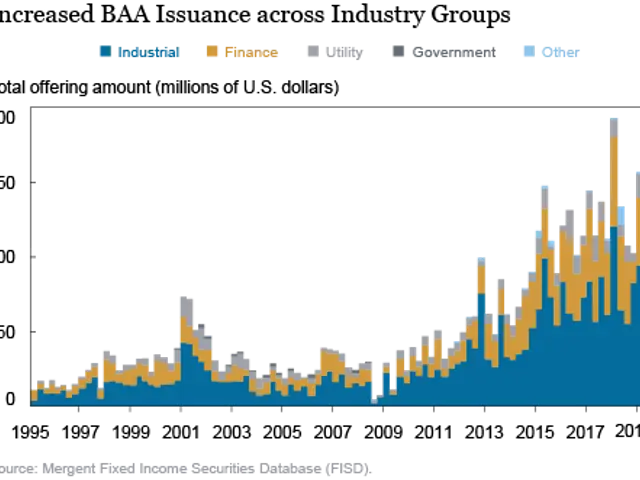Sleep Maxxing Trends and Tips: New Zealanders Seek Better Rest
Sleep disturbances affect one in four New Zealand residents, with issues like insomnia or sleep apnea being common. A trend called 'sleep maxxing' is gaining popularity on social media, with users exploring hacks to optimize their sleep. Recently, a local resident shared their struggle with a disrupted night due to a false fire alarm.
The Better Sleep Clinic in Auckland helps New Zealanders improve their sleep quality. Founded by a psychologist, the clinic offers strategies to manage sleep disorders and promote better rest. One such strategy is maintaining a consistent sleep routine, even after a poor night's sleep. This can help regulate the body's internal clock and improve overall sleep quality.
Power naps during the day can also be beneficial. They can boost alertness and help make up for lost sleep, as demonstrated by research. However, it's important to note that while some sleep maxxing hacks are scientifically proven, others may not be effective or could even be harmful.
Caffeine is a double-edged sword. It can help stay alert during the day but should be avoided later in the afternoon to prevent interfering with the following night's sleep. A disrupted night is normal and doesn't typically have long-term effects, but chronic sleep deprivation can lead to serious health issues like heart disease, diabetes, and dementia.
Quality sleep is vital for both physical and mental health. If you're struggling with sleep, consider seeking help from professionals like those at The Better Sleep Clinic. Meanwhile, simple strategies like maintaining a regular sleep routine and avoiding late-day caffeine can significantly improve your sleep quality.
Read also:
- Over 1.7M in Baden-Württemberg at Poverty Risk, Emmendingen's Housing Crisis Urgent
- Cyprus, Kuwait Strengthen Strategic Partnership with Upcoming Ministerial Meeting
- South West & South East England: Check & Object to Lorry Operator Licensing Now
- Lawyer Sparks Controversy: Prioritize Wind Power Over Nature Conservation, Health







